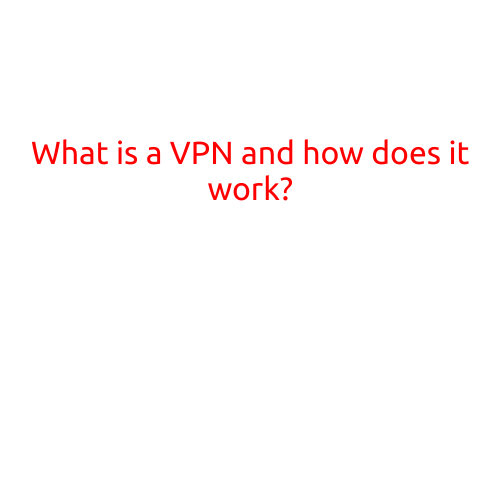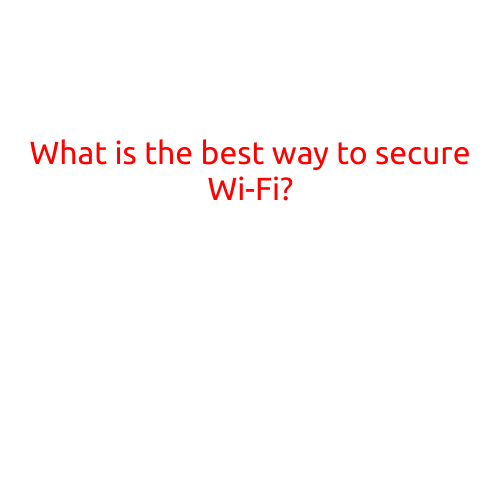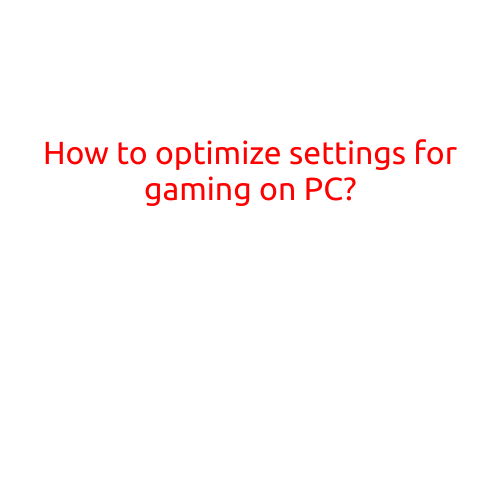
What is a VPN and How Does it Work?
In today’s digital age, online security and privacy are becoming increasingly important concerns. With the rise of hackers, data breaches, and government surveillance, it’s crucial to have a reliable way to protect your online activities. This is where Virtual Private Networks (VPNs) come in. But what is a VPN, and how does it work?
What is a VPN?
A VPN is a software program that allows you to create a secure and private connection to another network over the internet. It creates a virtual tunnel between your device and a VPN server, encrypting your internet traffic and masking your IP address. This means that your online activities, such as browsing, sending emails, or accessing apps, appear to originate from the VPN server’s location rather than your actual location.
How Does a VPN Work?
Here’s a step-by-step explanation of how a VPN works:
- You Subscribe to a VPN Service: You sign up for a VPN service and download their software or app onto your device.
- You Establish a Connection: You launch the VPN app and select a server location from the provider’s network.
- Your Device Encrypts Data: Your device encrypts your internet traffic and sends it to the VPN server.
- The VPN Server Receives and Encrypts Data: The VPN server receives your encrypted data and decrypts it.
- The VPN Server Sends Data to its Destination: The VPN server sends the decrypted data to its final destination on the internet.
- Data is Received and Re-encrypted: The destination server receives the data and re-encrypts it before sending it back to the VPN server.
- The VPN Server Sends Data Back to You: The VPN server receives the re-encrypted data and sends it back to your device.
Benefits of Using a VPN
VPNs offer several benefits, including:
- Anonymous Browsing: Your online activities appear to originate from the VPN server’s location, making it difficult for others to track your activities.
- Data Encryption: Your internet traffic is encrypted, making it difficult for hackers to intercept and decode your data.
- Access to Geo-Restricted Content: VPNs allow you to access content that’s only available in specific regions or countries.
- Protection from Government Surveillance: VPNs can help protect your online activities from government surveillance and censorship.
Conclusion
In conclusion, a VPN is a powerful tool for protecting your online privacy and security. By creating a secure and private connection to another network, you can enjoy anonymous browsing, data encryption, and access to geo-restricted content. Whether you’re a casual internet user or a heavy online worker, using a VPN is an essential step in protecting your online identity.





